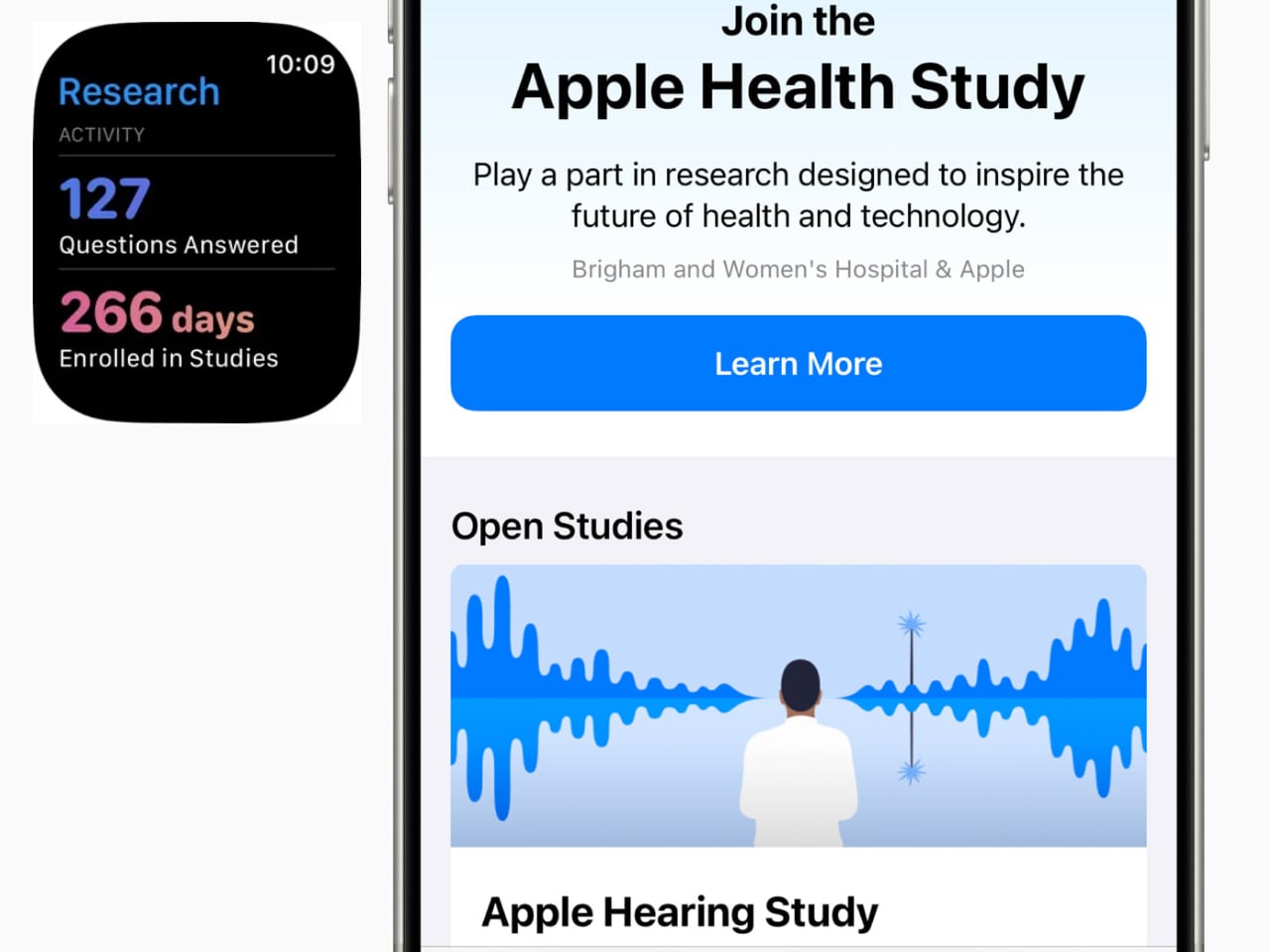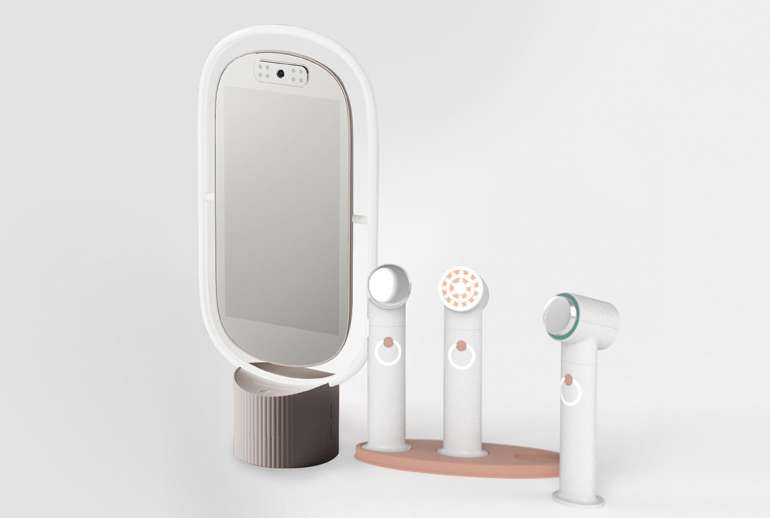Apple has been integrating health tracking into its devices for years, and with the launch of the Apple Health Study on February 12, 2025, that effort is expanding in a major way. This new study, available through the Research app, explores how everyday technology can monitor, predict, and manage changes in both physical and mental health. Partnering with Brigham and Women’s Hospital, a leading research institution affiliated with Harvard Medical School, the study aims to connect different aspects of well-being, such as how stress affects heart rate or how sleep influences exercise performance.
Apple’s approach makes health research more accessible than ever. Instead of visiting a clinic or hospital, iPhone, Apple Watch, and AirPods users can participate passively, contributing valuable insights simply by going about their daily routines. The study expands on Apple’s past research efforts, which have already included work on heart health, hearing, and women’s health.




From the First Research Studies to Today
The Research app debuted on November 14, 2019, alongside three initial studies: the Apple Women’s Health Study, the Apple Hearing Study, and the Apple Heart and Movement Study. These early efforts allowed users to contribute real-world data, helping researchers study menstrual health patterns, the impact of noise exposure, and the relationship between heart health and activity levels.
With over 350,000 participants across the U.S., these studies provided meaningful insights into long-term health trends. The Apple Health Study builds on that foundation, broadening the scope to examine multiple health areas at once, including aging, mobility, metabolic health, mental well-being, and more. By gathering data from millions of users over time, this study offers an unprecedented look at how different factors influence overall health.
What Apple Hopes to Learn
Traditional medical research often faces challenges in recruiting participants and collecting long-term data. Apple’s ecosystem, already embedded in daily life, offers a unique solution by allowing researchers to observe trends without disrupting participants’ routines. The Apple Health Study will explore areas such as cardiovascular and circulatory health, cognitive function, and the connection between mental health and physical activity.
Apple devices already track metrics like heart rate, sleep patterns, step count, and environmental noise. By analyzing this data in real-world conditions, researchers hope to identify patterns that could lead to earlier detection of health risks. For instance, tracking hearing health might reveal early indicators of cognitive decline, while long-term sleep data could provide insights into metabolic disorders.
How to Participate and Why It Matters
Users in the U.S. with an iPhone running iOS 16 or later can enroll in the study through the Research app. Participation is voluntary, and users control what data they share. Apple ensures privacy by keeping personal information anonymous, and participants can withdraw at any time.
The Apple Health Study advances Apple’s health features while driving the future of healthcare. Past research has already led to advancements like Walking Steadiness on iPhone and the Vitals app for Apple Watch, helping users monitor their health more proactively. By participating in this latest study, everyday users contribute to scientific discoveries that could improve medical care for millions.
The study is now open for enrollment in the Research app, offering iPhone, Apple Watch, and AirPods users the chance to turn their daily habits into valuable medical insights.



